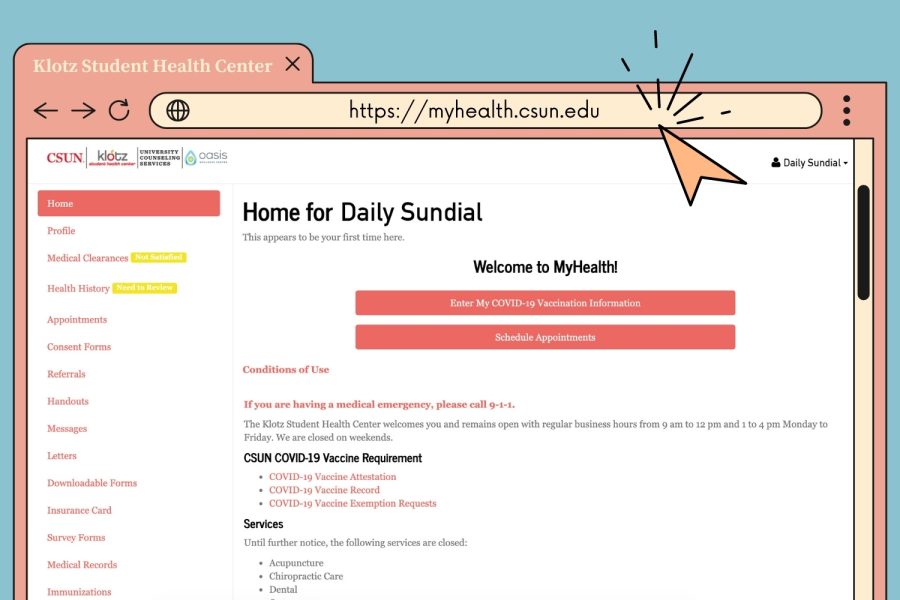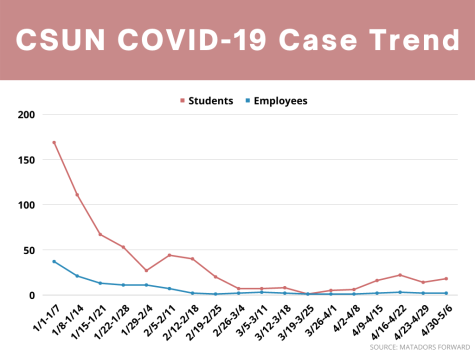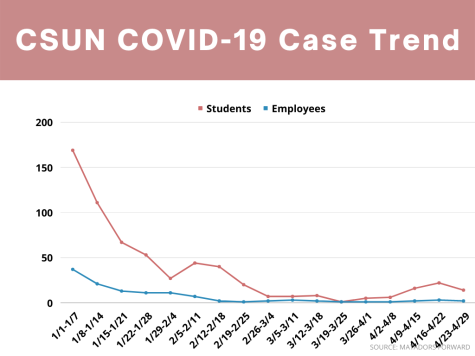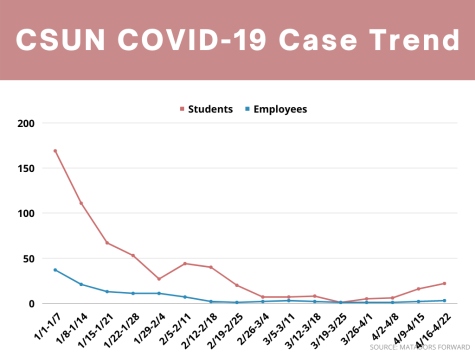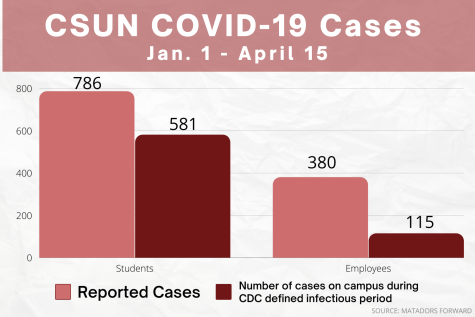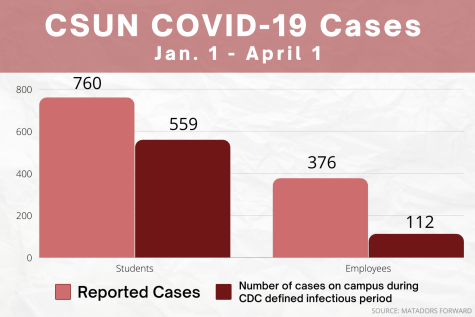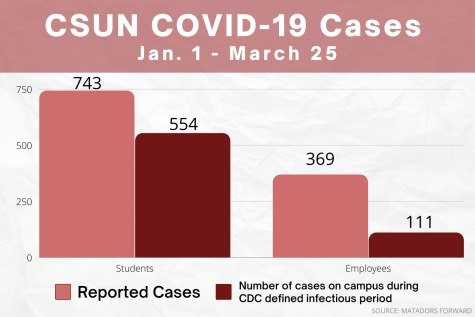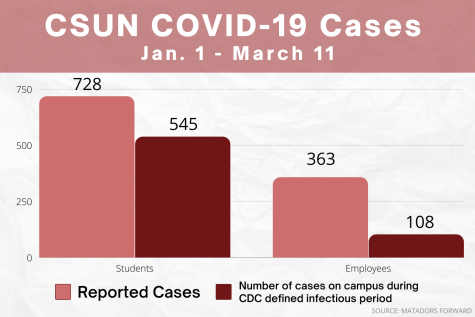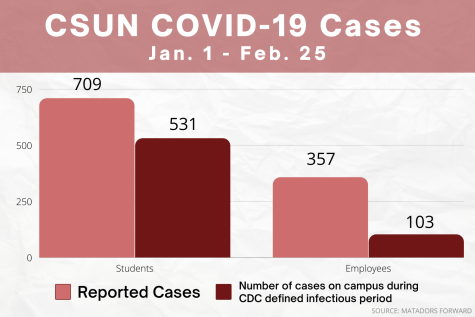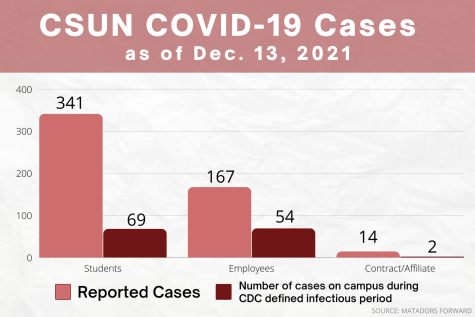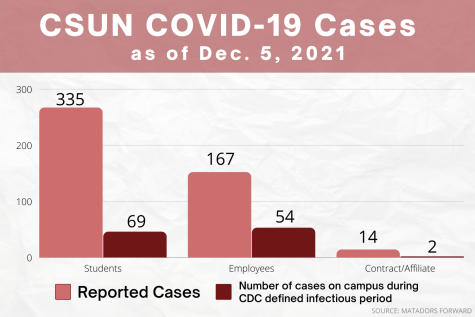Need help with taking care of your wellbeing? Learn more about the health services CSUN offers to students
Illustration by Carolyn Burt
October 5, 2021
Services are returning throughout CSUN’s extensive health system as we dive deeper into the fall semester. The Klotz Student Health Center, University Counseling Services and Oasis Wellness Center had initially limited or completely switched their services online during the 2020-2021 academic year due to the COVID-19 pandemic, but now they have resumed some of their much-needed resources available to CSUN students.
Student health can be considered many different things, but the Klotz Center refers to it as taking adequate care of the mental and physical aspects of your body. The Klotz Center aims to help students achieve overall wellness, while also promoting self-care through the services housed under the Klotz Center’s own programs, as well as those within the University Counseling Services, Oasis Wellness Center and Environmental Health and Safety departments.
“We’re all kind of holding hands together and doing what we can to help each other and our communities around us,” said Dr. Linda Chassiakos, the Klotz Center’s executive director and chief medical officer.
The Klotz Center will continue to offer telehealth appointments ranging from primary care to birth control education. As of Sept. 8, chiropractic care services resumed in-person, and physical therapy services returned to in-person services on Sept. 21.
The pharmacy also is available for students to purchase both prescribed and over-the-counter medications. Massage, optometry, acupuncture and dental services remain unavailable until further notice.
The Klotz Center’s acupuncture and aromatherapy services at the Oasis Center will also be unavailable for the moment. Although a majority of the services at the Klotz Center are offered for little to no cost due to the required $3 health facilities and $77 health services fees students pay, students have to pay out-of-pocket for services like chiropractic care as well as for products at the pharmacy. Payment can be done through the myNorthridge Portal.
The UCS and Oasis Center will also be operating during the fall semester, but some of their services will continue to be conducted online. Appointment scheduling and crisis walk-ins can be done in person at the University Counseling Office on the fifth floor of Bayramian Hall in room 520 during their normal business hours. While their individual, couple and group therapy sessions are still being provided through Zoom, students are allowed to call and reserve private spaces in the UCS office for them to attend these in-person sessions.
Supplementing the Klotz, Oasis and University Counseling Services is the department of Environmental Health and Safety. The department, with the assistance of CSUN’s Physical Plant Management team, have been at the forefront of the efforts in creating a safe campus for students to return to by providing them with information on vaccinations, safety protocols and new cleaning procedures for students, faculty and staff.
One example of how the university is helping to create a safe environment is through the Matadors Forward website, which has a form for employees and students to self-report their confirmed COVID-19 case or exposure, as well as a COVID-19 dashboard that directs you to a number of services. The site also includes a regularly updated report of COVID-19 cases on campus. Meanwhile, classes and buildings across campus have been adapted to accommodate new heating, ventilation and air conditioning air filtration systems that will help reduce the risk of virus transmission.
“We want to ensure the safety of students,” said Daniel Castellón, interim director of the department of Environmental Health and Safety. “[With COVID-19], we’re providing training [and] signage around campus saying, ‘Wash your hands, try to keep your distance, and wear your face covering indoors.’ Communication will probably be key.”
